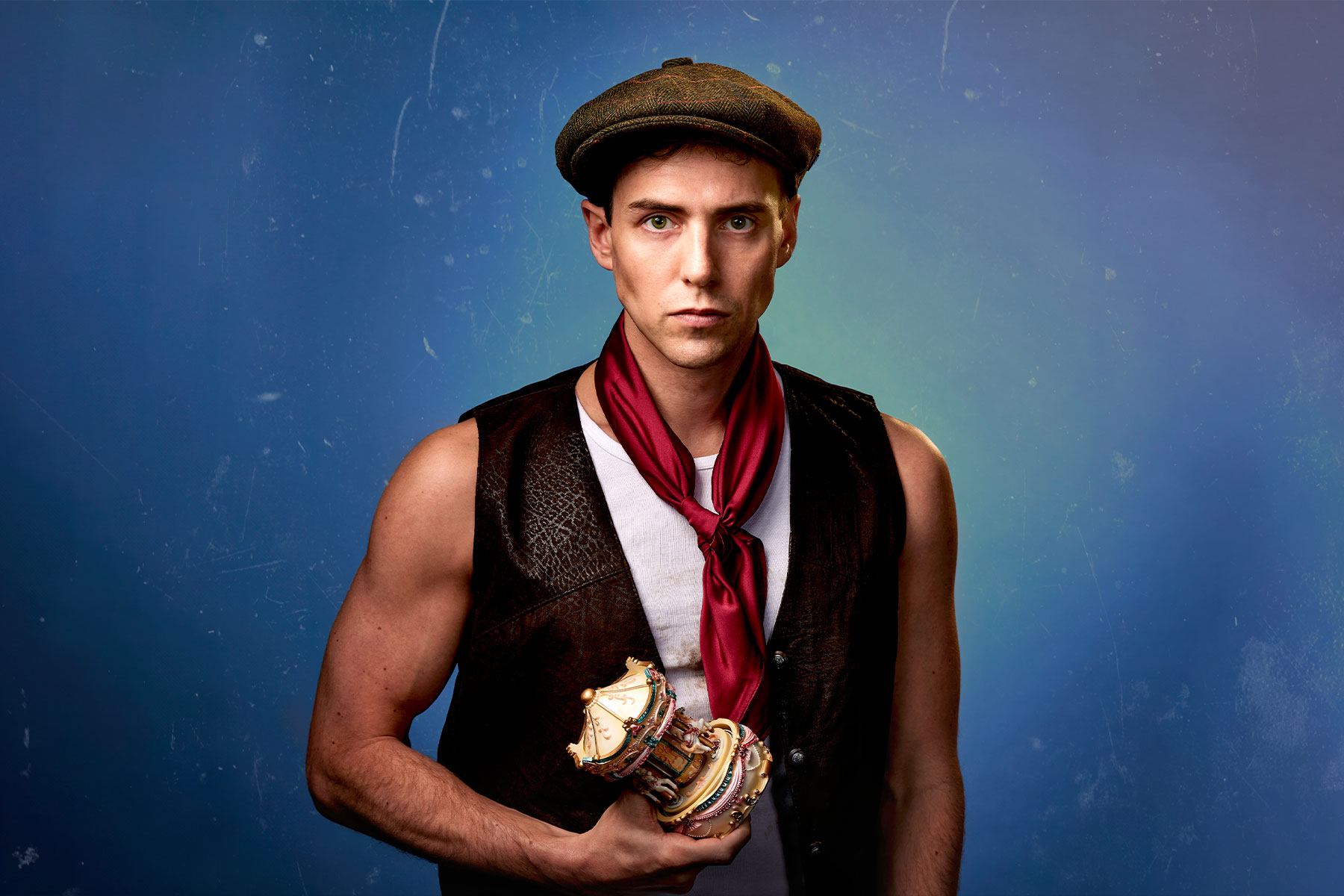Three Sisters (Manchester)
If it’s Russia’s provincial navel-glazing classes, yearning for a better life in Moscow, it must be Chekhov. This translation (by Michael Frayn) of Three Sisters is a solid, meticulous start to the new Royal Exchange season, even if it does at times feel like the theatrical equivalent of bran flakes; in that, yes it’s good for you, but it has longeurs and isn’t the greatest of Chekhov’s plays. That said, it’s an immaculate production, and contains some truly beautiful moments.
In an un-named provincial Russian town, a year after the death of their father, three sisters, Olga (Lucy Black), Masha (Emma Cunniffe) and Irina (Beth Cooke) spend their days remembering their cosmopolitan Moscow upbringing, and yearning for a return to their fabled capital. Their brother, Andrey (Joseph Kloska), meanwhile, falls in love with the wily Natasha (Polly Findlay) and spirals into gambling debts. Over the course of the play, the mercurial shift of relationships, dreams, aspirations and ideas leads towards a dour conclusion.
This being a Sarah Frankcom production, just about everything is perfectly judged. Played out against a simple, smoky set, the text is allowed room to breathe, as the weighty ideas are volleyed about by the characters.
Jamie Norton’s score and the sound design (Peter Rice and Claire Windsor) are truly exceptional, adding a haunting dynamic and sense of desolate perspective. At 3 hours 15 minutes, this is a full and rich evening, though it could benefit from some trimming here and there. Frankcom, though, finds moments of beautiful clarity, humour and poignancy in the text, and gives a passionate and full interpretation.
The acting is exemplary. Black succinctly conveys Olga’s frustrations, clouded by a sense of duty. Cunniffe is brilliant; her Masha is a woman out of step with her time, and she carries the consequences of her actions with dignity. Cooke is a delightful and fresh Irina, and is matched by a clutch of well-judged performances. The standouts, however, are Roger Morlidge’s (Kulygin) dull schoolteacher husband, and Finday’s scheming, driven girl on the make.
If there’s a nagging problem, it’s that this all feels oh so familiar. The programme notes reveal that the first production of this translation was at this same theatre in 1985. With post-2000 productions of The Seagull and Uncle Vanya at the Royal Exchange, there doesn’t seem to be an wholly convincing argument for this revival. As a play, it’s frustratingly inert; intellectual and brimming with ideas about finding meaning in a changing society, but lacking in dramatic action to drive these ideas forwards. Drama students will, doubtless, benefit from such a well realised production, though.
All told, it’s a first rate production of a frustrating play that doesn’t rank amongst the author’s best. For lovers of fine acting, and the high standards of a Frankcom production, though, it remains a must-see.
-Matthew Nichols










